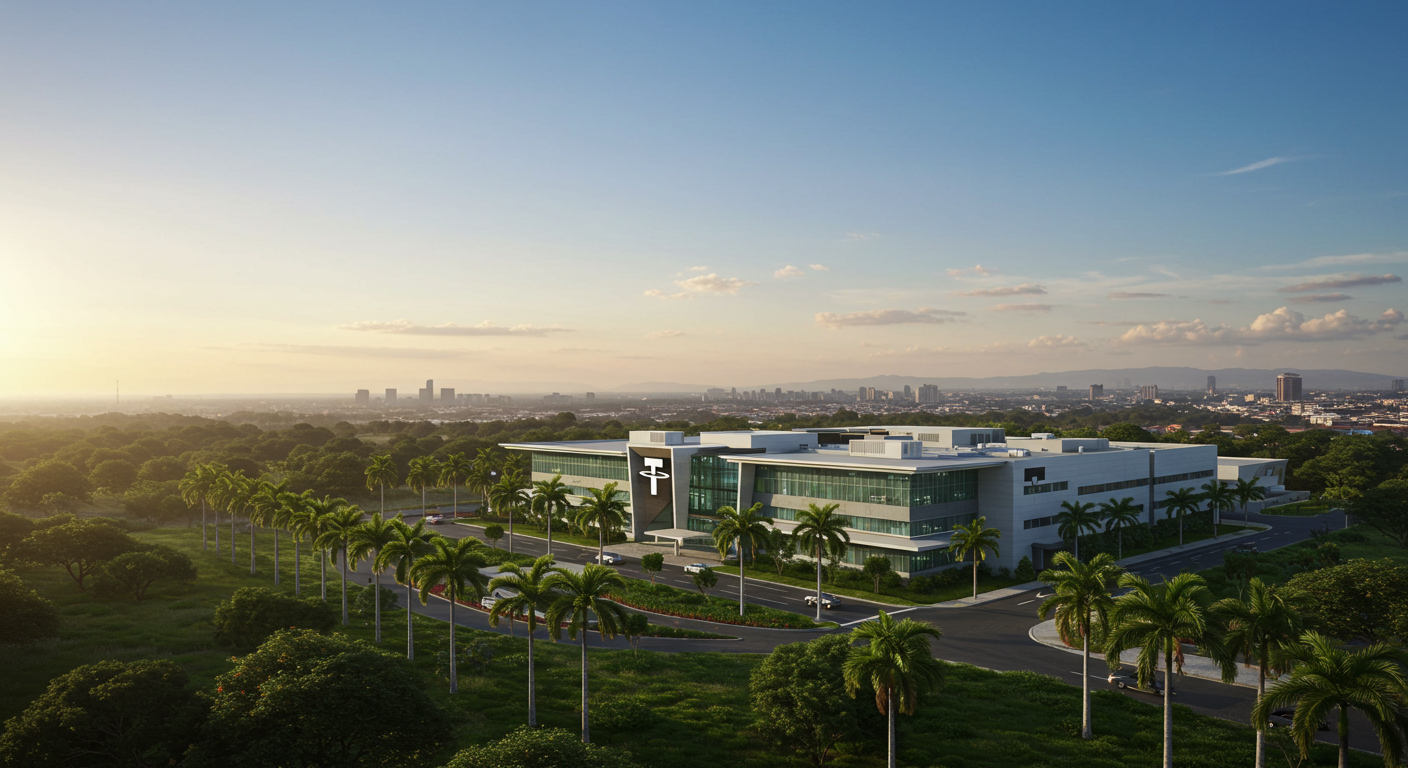Tether, known for its USDT stablecoin, announced its decision to relocate its headquarters to El Salvador. The company secured its second Digital Asset Service Provider license in early 2025, underlining the country’s rising importance as a digital asset hub.
A Measured Move Toward a Decentralized Future
The company pointed to the country’s clear and supportive regulations as a key reason.
“This decision is a natural progression for Tether as it allows us to build a new home, foster collaboration, and strengthen our focus on emerging markets,” said Paolo Ardoino, Tether’s CEO.
The new license lets the stablecoin operate as a digital asset service provider, reinforcing its role as a leading stablecoin issuer in Latin America.
Arduino emphasized that the relocation was more than just a change of address—it was a strategic alignment with a nation that shares Tether’s commitment to financial freedom and technological innovation. “By rooting ourselves in El Salvador, we are not only aligning with a country that echoes our vision for financial liberation and resilience but also reinforcing our dedication to empowering people worldwide through decentralized technologies,” Arduino explained.

This move, he noted, symbolizes a broader ambition to integrate Tether’s services into markets where digital assets can offer transformative benefits to individuals and businesses alike. Its senior leadership, including Chief Operating Officer Claudia Lagorio, has also expressed personal commitments to the country, with several executives investing in local real estate and obtaining citizenship in 2024.
Championing Renewable Energy Initiatives
Along with its relocation, Tether announced plans to back renewable energy projects in El Salvador. The company aims to invest in geothermal energy, tapping into the nation’s rich volcanic power. These initiatives are set to boost the country’s energy infrastructure and support cleaner crypto-mining operations.
Partnerships and a Broader Crypto Vision
El Salvador has been a leader in cryptocurrency. Since making Bitcoin a legal tender in 2021, the country has gained worldwide notice for its progressive policies. President Nayib Bukele’s government has worked to attract foreign investment and boost tourism, which has already helped the local economy grow. A report from Santander US Capital Markets even noted an increase in tourism, crediting the rise in part to the country’s friendly stance on digital currencies.
Tether’s decision is expected to lead to closer collaborations with the Salvadoran government and local enterprises. The firm is keen on promoting the use of its USDT stablecoin as a reliable medium for decentralized financial transactions. By working hand in hand with regional stakeholders, it hopes to broaden financial inclusion and provide robust, innovative payment solutions across the nation.
A Strategy Aligned with a Bitcoin Nation
El Salvador’s embrace of Bitcoin has long been a topic of international debate. While President Bukele champions the advantages of digital currencies, he has acknowledged the inherent challenges of fully realizing their potential. Nonetheless, Bukele’s administration continues to forge international partnerships, including recent dialogues with Argentina and discussions with over 25 other nations on advancing crypto adoption.

With over 6,000 Bitcoins held by the government—valued at more than $550 million—its nation’s commitment to the crypto revolution is clear. Tether’s relocation thus represents a natural fit, complementing the country’s dynamic approach to digital finance.
Conclusion:
As Tether sets up its new operational base in El Salvador, industry observers anticipate that this bold move will benefit the company and stimulate broader innovation within the cryptocurrency sector. With the renewed focus on emerging markets and renewable energy initiatives, its strategy reflects an evolving digital sector where regulatory foresight and sustainable practices are becoming paramount. The coming months will be critical in determining how this integration shapes the stablecoin’s future and the overall adoption of digital currencies in Latin America.
Stay tuned to The BIT Journal and watch Crypto’s updates. Follow us on Twitter and LinkedIn, and join our Telegram channel to be instantly informed about breaking news!
Frequently Asked Questions (FAQs)
- Why is Tether moving its headquarters to El Salvador?
To capitalize on the country’s favorable digital asset regulations and supportive market environment.
- What license did Tether secure in early 2025?
Tether earned its second Digital Asset Service Provider license.
- How does the relocation align with Tether’s vision?
It reinforces their commitment to financial freedom and expanding into emerging markets.
- Who explained the strategic reasons behind the move?
CEO Paolo Ardoino highlighted the decision as part of Tether’s broader vision for innovation.
- What renewable energy initiative is Tether planning in El Salvador?
Tether plans to invest in geothermal energy projects, leveraging the nation’s volcanic power.






























